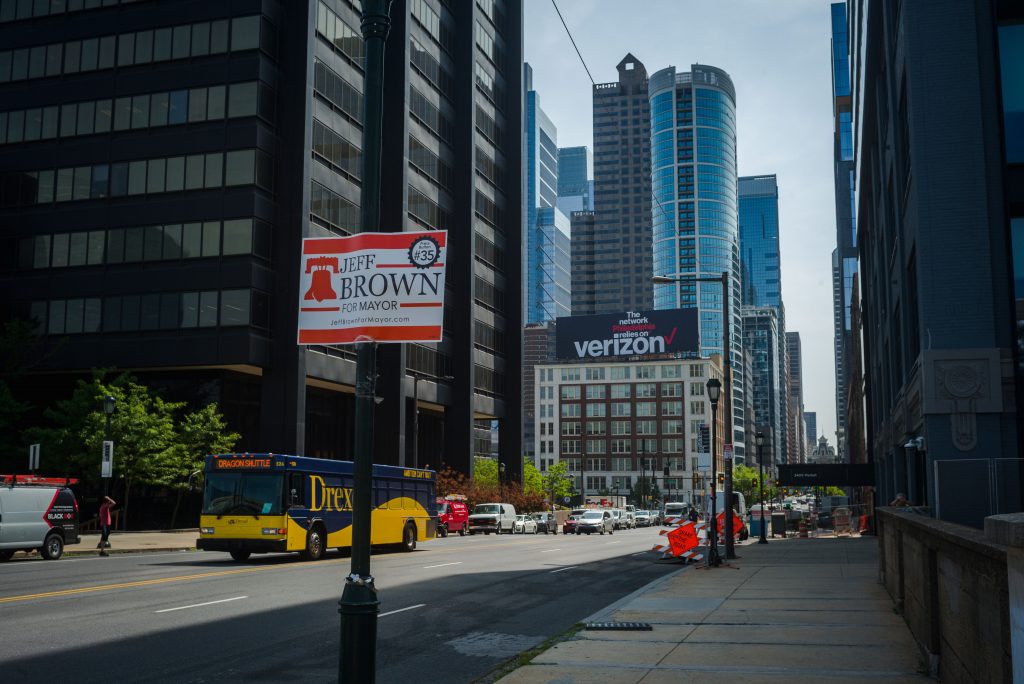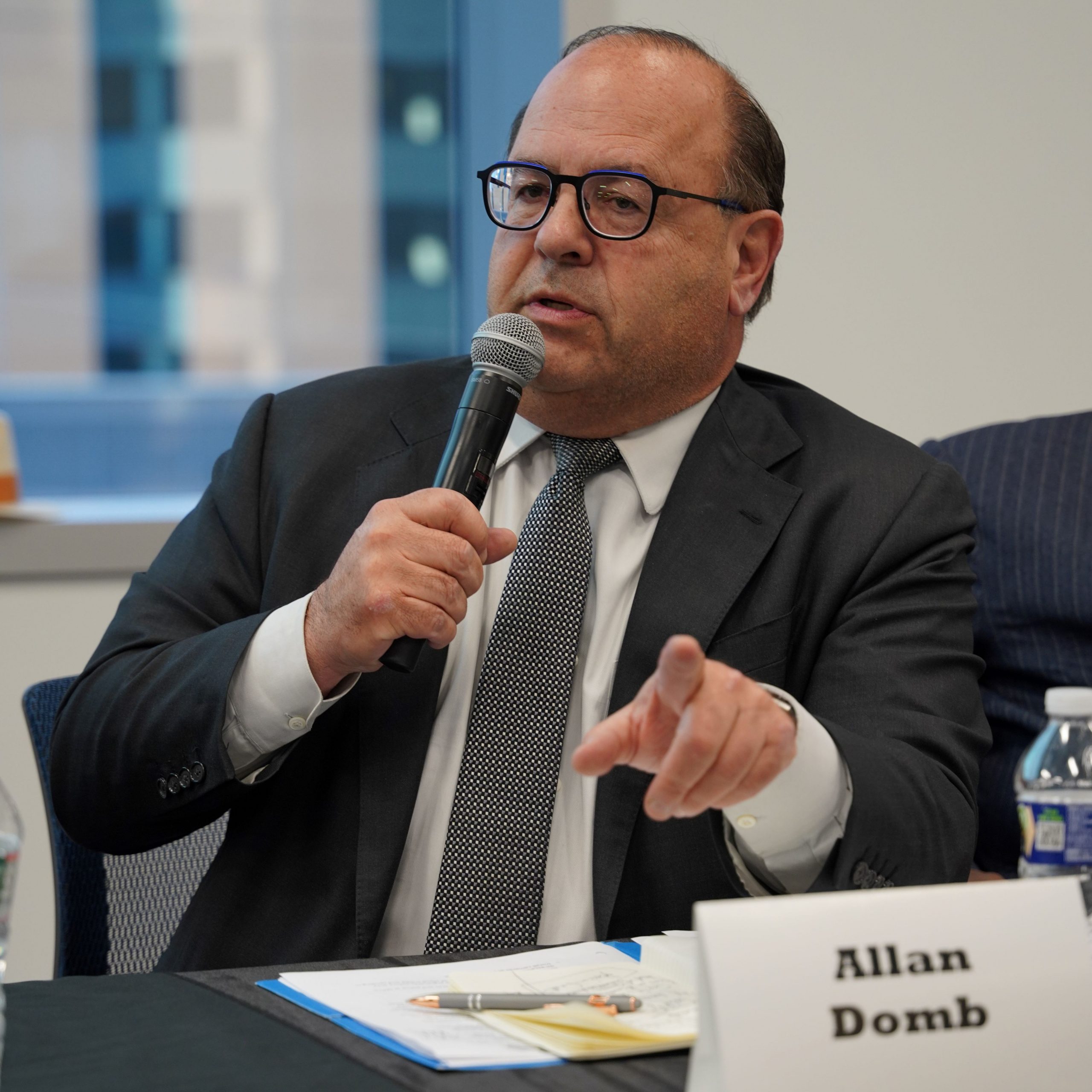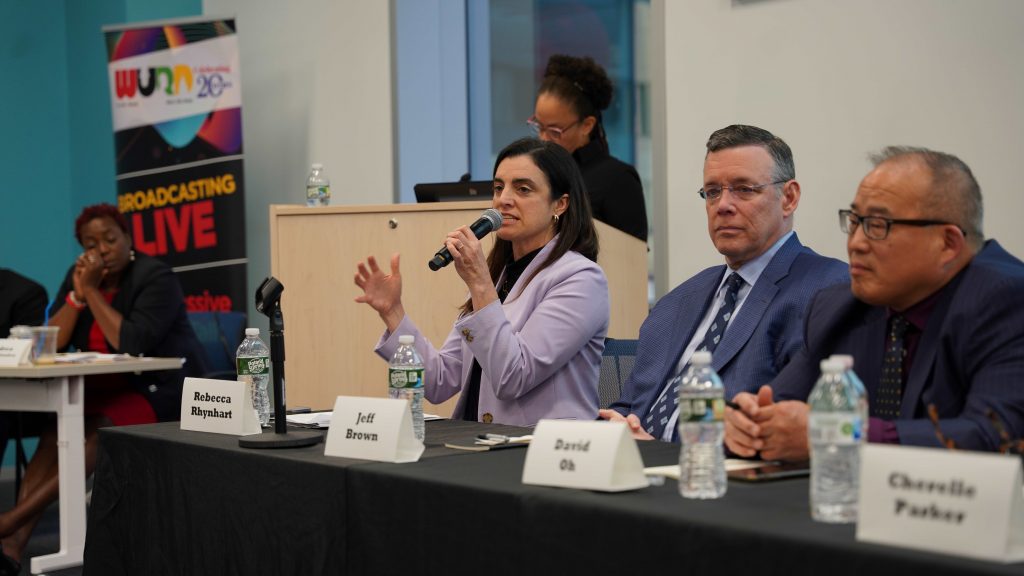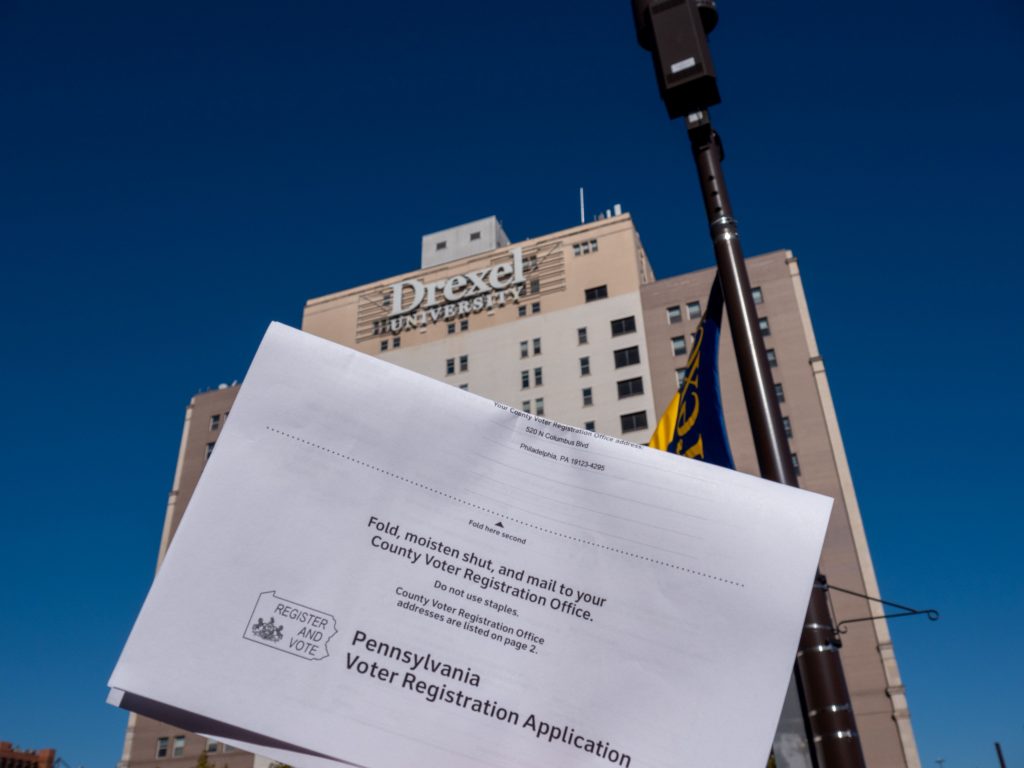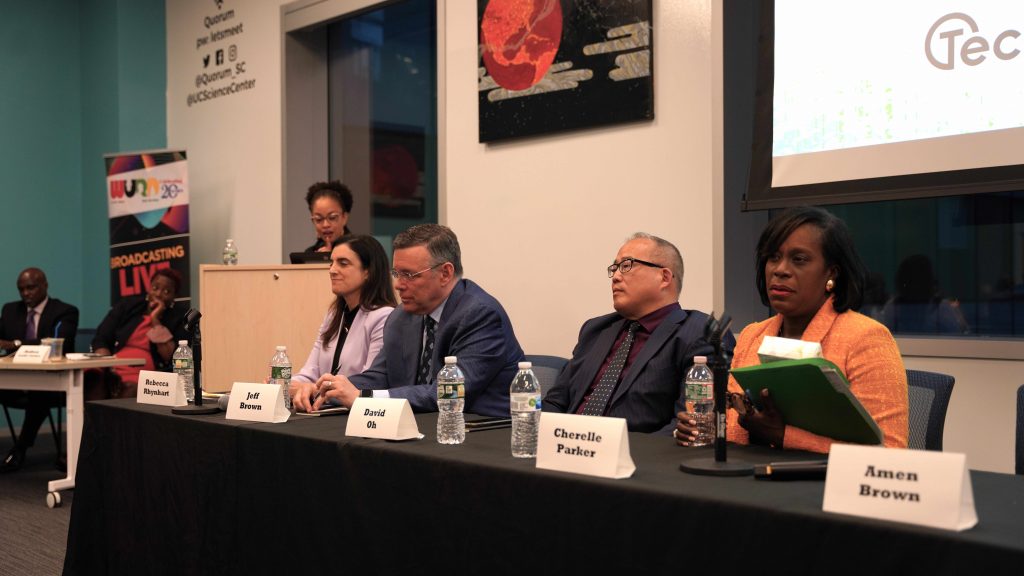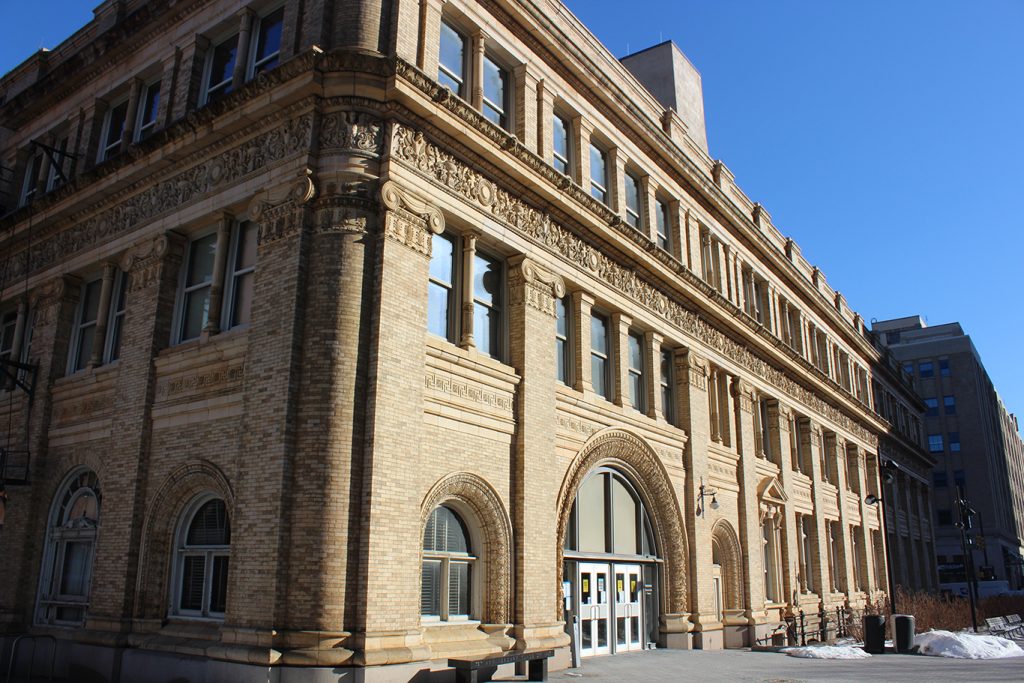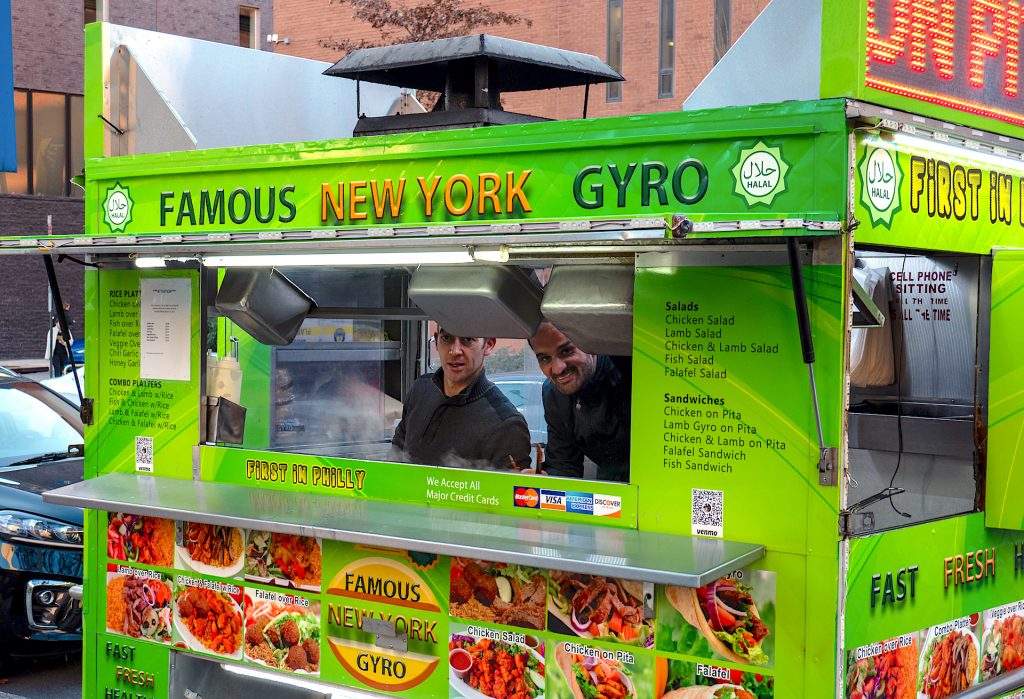Posted on 14 December 2022.
Student organizations in all forms play pivotal roles in our lives. Over 300 student organizations call Drexel University home; they are run by student presidents who are eager, passionate and produce exemplary work on campus. They leave their mark on campus to make a space that is inclusive and worthwhile. However, out of the 300 organizations on campus, a mere 12 are led by a Latinx undergraduate student.
The Latinx undergraduate population is roughly 6.6 percent of the student population, yet the numbers continue to grow as these Latinx presidents not only fill these positions but build the vision of their organizations to be distinctive entities. They push the fold of what was done in the history of these respective clubs to show that Drexel is much more than its cliché as a ready-to-work environment. Students have found their own places to develop their skills and create chosen families.
From the margins of representation, they have been distinguished in 2022 for their excellence, dedication and exemplary work to push the fold. The Triangle presents these leaders to amplify their stories and their work at their respective student organizations and to highlight the unique hardships they endure as a mentor, provisioners and spokespersons all wrapped neatly in one title.
All of the Latinx leaders are represented within this feature excluding the Editor-In-Chief of the Triangle.
Oscar Lopez, President of Drexel’s Public Relations Student Society of America (PRSSA)
Oscar Lopez, 21, is a Junior Communication major who is now in his second year as the acting president of PRSSA’s Drexel Chapter. He is the first Latino in Drexel’s PRSSA chapter.
He knew from an early age, until his exposure as a writer at the Triangle in 2020, that he wanted to be a broadcast reporter. But then he found his path to lay in public relations after being recruited by Professor and PRSSA advisor, Scott Tattar. From that point on, he became loyal to his PRSSA community through their online general body meetings during the COVID-19 quarantine.
“It gave a place for community while I was in my room,” Lopez states.
However, it was unlike him to become a president. He had never done any extracurriculars until college, let alone run for president. However, Professor Tattar advised him to become president. He accepted his position after the internal elections with a proud speech over Zoom in February 2021.
Oscar leads his club with the intention to “give it character.” He keeps balance in the organization’s activities by bringing in guest experts within the broad field of media and professional development opportunities. He plans networking opportunities, resume building, mock interviews and much more to develop professional skills in a welcoming environment; he makes sure the spaces are not lecture-based. It is a place to cultivate these skills outside of the classroom.
Oscar knows that as a leader there is no room for ego.
“It’s about lifting my team members, I can manage myself, [this is about] talking with them–not at them,” he states.
Oscar has learned to not only make the club social and cultivate identity within but also to adamantly work towards engagement outside of the members.
Oscar is a Mexican-American first-generation college student, and although he is the first Latino president of PRSSA, he states that he doesn’t want that to be his legacy. His goal is not just to show up in these spaces but to create real progressive change. He wants for himself and other Latinxs to be seen as multi-faceted; Latinxs can lead conversations on anything and not just the culture of the diaspora. He declares to all, “We’re not a monolith.”
Oscar plans to step down as president as he looks toward graduation. Now in his last year as president, he tells the Triangle about his plans to move to a new position he has been creating for himself at PRSSA–the student advisor. In this role, he would act as a “VP of personnel,” managing the 50 students that are currently enrolled in PRSSA.
He states, “it takes a village to keep any [organization] alive,” and with that, there must be someone that can aid the executive board to not only nourish the organization but to execute a vision for the future generations of PRSSA members. Looking forward, Oscar believes in the potential community of Drexel PRSSA and intends to work to progress his legacy.
Martha Victoria, Dragons First
Martha Victoria, 20, sets it off as the sitting president of one of the only organizations that supports first-generation college students, Dragons First.
As a Junior Health and Food Sciences major, Martha came to Drexel and Dragons First her first year virtually in the midst of Drexel’s full-year online courses during COVID-19. For her, and for many Latinxs, she was excited to go to college to reach a goal so many had been unable to reach. However, her first-year experience went against the norm. She notes the distinction of her introduction to Dragons First in contrast to an in-person recruitment session. Martha still made consistent attempts to attend their online general body meetings, in an effort to not let the online setting dampen her first-year college experience.
She soon after applied to be the event coordinator for the club. Martha applied with intentions to step up with more responsibility within the organization.
“I have a lot of ideas, I like to see my ideas come to life,” she states.
She was thereafter hired for the position and began a new period of development into a leader.
Fast-forwarding to in-person classes, she elevated herself to a new level where she started taking on the duties of the president.
“I didn’t really get to really do anything as an event coordinator, so I decided to step up. I felt that I had the potential to prevent [Dragon’s First] from being frozen. I signed us up to be recognized in July 2022,” she says.
Martha had quickly found herself tasked with recruiting a whole new executive team, despite her own hesitations to step into a presidential role.
“Not only do I have to oversee my position, but I had to oversee everything; I had to make sure people stayed on their tasks, it was a lot of responsibility,” she states. “I’m still learning. I trust them to do what they’re expected to do.”
Dragons First is still growing in recognition on campus with Martha’s vision and hard work. Martha is working on a national first-generation celebration event and growing into being a leader rather than a follower. She discusses how her time in lower-responsibility roles required advocating for herself, but is now on the receiving end of her peers advocating for themselves.
Martha emphasizes that she is still new and growing in her role as a leader, which to her means no bias and supporting her peers. She expresses how her latinidad has told her to never take no for an answer; she implements her lifelong experience as a first-generation to be the leader she wants to be.
The responsibilities of the big role have slowly started steeping in and she is hoping to become a bigger name on Drexel’s campus. With recruiting and events, she embarks on a trail that is new and unfamiliar, yet sets a standard for first-generation students at Drexel to reach out for help, get resources and feel less isolated on campus.
“I felt 5 steps behind people [who aren’t first-gen], I want to help people know what they know,” she mentions.
Dragons First is a chapter of a larger nonprofit organization the Collective Success Network. Dragons First also provides support and resources for first-generation college students while also connecting these students to resources and mentorship the larger nonprofit provides.
Luis Benitez, Latinos United Campus (LUC)
Luis Benitez, 22, is LUC’s Puerto Rican president. It is in Benitez’s mission to make a second home for Latinx students at Drexel.
Benitez is an Entertainment and Arts Management major who took LUC as his own personal goal to elevate LUC as sustainable and worthwhile. His journey to the presidency was marked with ambition and executed with strategy, starting off as a mere general member to the then co-program associate, vice president and now president.
Luis came to LUC through a recruitment session and joined in part of wanting to find space as a native Puerto Rican to meet other Hispanics on campus. He came filled with ideas that would ensure slow but concrete expansion of the organization, including coordinating more events on campus with different topics and themes. LUC went from hosting a few events and socials a year to working with co-associate Laura Herndon Garcia to hosting several events within a term.
Alongside Laura, the associates worked diligently to early hours of the morning to make LUC a name to reckon with.
“We know LUC can do more. Laura was very wise and she formed a team…we asked to step up and became president and vice president, me as vice president.” Luis states, explaining this is where he felt his true involvement began.
With a newly-formed 8-people team, LUC was able to host their first (and now annual) Hispanic Heritage Month celebration. The event broke record numbers in attendance with 150 people showing up to celebrate.
“The events keep getting bigger and bigger,” he boasts.
In 2022, he transitioned smoothly into the presidency. He works to make LUC more than just another identity-based organization but to have elements of education, socials and to celebrate the diversity of latinidad.
He additionally works to get younger classes of students into serious roles to remove the stigma that only seniors are capable. He is now the only senior in a leadership position at LUC.
“We have people in our community creating a space that we wanted to have seen for ourselves,” he informs.
Luis hopes Drexel will highlight the diversity on campus.
“Without the lack of attention, people like me wouldn’t have stepped up and raised their voice to these problems…I don’t want my students to go through what [Laura and I] went through. We broke new ground alone,” Luis mentions.
Yet, his Latin identity has empowered him to “be a voice for change.”
He works in his role at LUC to work with Drexel in a more proactive way. He hopes the work done by the LUC leaves a lasting legacy not only for Latinxs on campus but for all. He believes in collective advocacy and will make history despite the hurdles.
He leaves his final remark: “You owe it to yourself to advocate and be extremely loud about your needs.”
Raquel Giselle Ramos, Drexel University’s Indigenous Students of the Americas
Raquel Giselle Ramos, 21, made Drexel history as the co-founder of the university’s first and only club solely dedicated to Indigenous students on campus.
Raquel founded DISA during her time as a member of LUC. A fellow student had mentioned they wanted to start an indigenous student-oriented organization. It coincided with a time when Raquel was also unearthing her own indigenous Taino and Chibcha roots.
“It was a perfect way to give people like me on my journey a safe space on campus,” she comments.
Once they were approved to be an organization in the fall term of 2020, Raquel became vice president. The decision was out of respect for the idea of the organization originating from her co-founder Sky Harper. At the same time, they had expanded the identity-based organization to indigenous students rather than just Native American students, creating space for those who were otherwise considered non-Native American to feel welcomed to draw and share certain cultural and heritage parallels with each other.
For Raquel, DISA was pivotal for her in becoming more engaged in campus activities. Her previous sole focus on graduating expanded much more. It was the first time that cultural and advocacy intertwined.
“I saw more than ever this student population, whether [or not] it is small, there’s a voice and representation for them,” she declares.
To be a leader in itself was a powerful honor for Raquel. She cites her early childhood and the fact she grew up in “the projects,” low-income housing predominantly with residents of color.
“You are told before you’re born that you’re not going to amount to anything,” Raquel asserts.
She goes further to elaborate on her goal to leave an example to people–to tackle the identity of an ally to another level, despite the people trying to keep marginalized people quiet.
Being a leader also means courage in times of tribulation. When she felt pressured to step down for her activism, she knew she had to continue, to pave the way for people after her in DISA and on campus.
“I’m an example to others to show what one person can do… I want to show that I’m not another Latina who had her voice taken away. I refuse to step down, to quit and to hand it to someone who is not worthy,” she expresses.
Raquel and Sky work to make DISA a home away from home for the small but mighty indigenous population at Drexel and to weaken the sentiments of isolation. Furthermore, they work to highlight the diversity of indigenous cultures (in the ways the club deems appropriate) and bring education to the campus. Now DISA works to unravel white-washed history as well as securing approval of a land acknowledgement plaque on campus. The plaque is still pending for the exact language but is estimated to be revealed in the spring term of 2023.
Louis Vincent Catacalos, Oh so PSI chapter of the Latino America Unida Lambda Alpha Upsilon fraternity incorporated
Louis Vincent Catacalos, 22, recalls the one summer after freshman year he had off, where he embarked on his journey to the eventual presidency of Lambda Alpha Upsilon.
He had been asked over and over to join the fraternity by his friend and later co-founder, Andrew Espinoza, 22. Yet with a bit of convincing that the fraternity was a tangible way to make a difference on campus, Louis joined as a regular member of Oh so PSI. However, Andrew was the only member, therefore making Louis a foundational member of the fraternity.
“Just the idea that I would become a foundational part of something on campus stuck out to me. That’s what I wanted–to put my stamp on campus for, hopefully, a long time. To create something lasting that I’m especially passionate about,” Louis recalls.
Fast forward to 2021, Louis was elected as president of Oh so PSI where he felt fully prepared to accept the position. Louis leads this chapter energetically and proactively as possible. Networking can be stifling, but the best way to recruit? Louis believes it’s “action.” People will be attracted to how the organization already runs.
“We are a family. That is our recruitment. The important thing is those interpersonal relationships,” he declares.
Under Louis’s direction, Oh so PSI is on its feet now. They have held around eight events within this fall term and are planning on more for the rest of the year. For him, being a Latin leader is a matter of pride.
“I take a lot of pride in my identity…. I try to use my position astutely. I try to recognize who I am representing,” he states.
Louis explains how identity meshes with representation, “you inadvertently represent everyone who shares your identity,” he states, citing his own Afro-Latino identity. “I try to be a voice of intersectionality…having an intersectional identity, I feel like I’m trying to stick up for all parts of myself.”
This sentiment translates into the work of Oh so PSI, as Louis clarifies that although the fraternity is “Latino based not Latino exclusive. “We have Hermanos (brothers) from all different backgrounds—Hermanos who are Malay, Nigerian and Bangladeshi. We make it a point to make a difference on campus.”
The difference between Oh so Psi and other fraternities lie in the fact that they are small but create ripples of noise on campus. Despite being relatively new, they are “Hermanos for life,” in Louis’s philosophy. You feel the hospitality echoed in other chapters of Lambda Alpha Upsilon from other chapters across the nation.
It feels good to be a part of something that is larger, and now, flourishing. It is something Louis carries with him everywhere—literally. As he displays his arm tattoo that reads “Venceremos,”(we will overcome) a piece of the fraternity’s motto, Venceremos Porque Nacimos Para Triunfar! (We will overcome because we were born to triumph!).
Alana Martinez Alonso, The Drexel Latinx Medical Student Association + (Premedical Latinx undergraduate society) (DLMSA+)
Alana Martinez Alonso, 21, is the founder member and president of DLMSA+. She was recruited by the eventual sister chapter of DLMSA at Drexel’s College of Medicine, to start an undergraduate chapter of LMSA. Which later garnered them their “+” to their name.
Alana gets straight to the point and gets the ball rolling with her team to create the undergraduate chapter that is now flourishing with resources and members respectively. Alana was a founding member but at the time of LMSA+’s inception, she was the event coordinator. Her involvement grew while in her role and the next year filled in to be president.
Similar to many start-ups, there were difficult moments. Alana and the rest of the e-board struggled to get their engines up and running, and her limitations as an inexperienced leader became strenuous.
Her work is utmost of importance to her since she works to push to see Latinxs in healthcare more. It’s crucial in a variety of ways for Alana; to be able to connect with patients of color who can feel comfortable in your care, as well as speak their language.
“A different opinion, a new perspective,” she says.
For her, being represented in healthcare is a great pride.
“You can relate to a wider group of patients, understand them at different depths because of cultural reasons–to some extent you can relate what you feel. There’s a big lack [of Latinx in healthcare]. It brings an extra level of care,” she states.
With DLMSA+ she not only promotes Latinx representation but also connects members with financial tools they need in college–resources she wished she had for herself. She recounts the numerous times she tried to research and connect in ways that would support her in college, feeling as though it wasn’t enough.
“It’d be a shame to not pursue your career because you have financial struggles,” she mentions.
DLMSA= is able to do this by making sure they are in contact with the national chapter as well as continuing to offer financial tools. Alana continues her work of being a mentor for her members as she looks toward providing them with all the tools necessary to thrive in Drexel’s environment.
Alexis Raya, The Drexel Chi User Experience Club
Alexis Raya is in a league of her own as the president of the Drexel Chi User Experience club.
She tells the Triangle that the field is relatively broad. Her major in User Experience and Interaction Design and the club’s mission coincide with each other—to show every major that UX applied for almost all other fields.
Alexis started her college experience during the COVID-19, where she initially attended the sole Chi’s event over zoom.
“I didn’t see many events and they were mostly overlapping with my classes,” she states.
She applied to be president after a short time over zoom on a Google form, after her club advisor encouraged her to take a higher role due to the lack of UX majors actually holding a high role at the time.
She has found that managing the team was more of a challenge than expected.
“I know I’m the type that if something is not done, I’ll get it done. But my position is supposed to be a facilitator,” she says, “It’s different here because it’s [my] peers. It has been tricky balancing work-friendship balance.”
Alexis gives her team trust and faith they will do what is needed to make the club active. She intertwines her identity with her work in a more nurturing sense.
“At the root of [my identity], it’s showing, giving people our character ticks and roots as a people. It’s about empathetic and family-centered, [making them] feel like they’re part of a group, making them feel like they are cared for,” she says.
From her perspective, it’s paid off. As she cites the 50 active members in the club and over 250 registered on Dragon Link. It can be lonely as a first-generation college student to not see people like you in leadership positions. For Alexis, it felt like she was losing herself amid a new city, campus and position. Yet, her accomplishments as a first-generation college student outweigh the isolation she feels.
Ale Gonzales Montoya, Queer People of Color Club
Ale Gonzales Montoya, 21, hails from Lima, Peru to be a president in their own regard of the Queer People of Color club.
Ale took over with a drive that allowed for the sustainability of the club– a crucial drive since the club disbanded in 2015.
”I wanted the club to continue because it was very meaningful and important to me,” they mention.
So, they applied to be treasurer. From treasurer to VP, to president, Ale reminisced the time spent amongst the e-board discussing their slow transition into each role. Something Ale is grateful for.
“There has been so much growth,” they say elated. “Everyone I work with is so talented. I wanted to be a good leader and make space for them. It was a little tough but I found a groove. I’m proud of what we’re doing. We are growing as an org and me as a leader.”
The ways in which QUPOC runs under Ale’s directions has allowed them to find a place of rest amid constant fighting in the world over their ethnicity, race and gender. QUPOC is a home for rest, Ale makes reference to the stressful 10-week quarters at Drexel.
“Drexel makes it overly complicated to prove why we exist on campus. [We] need resources and space, “ they state. “They still don’t give [us] enough. As an org, we are under a system that constrains [us.]”
Ale knows that some people aren’t ready to understand the diverse identities that exist.
“Sometimes those negative voices come from within, but those messages aren’t mine, they are taught,” they say. “It’s helpful to have people believe in them. The process is difficult.”
Being Latinx, for Ale is complex, as they come to Drexel as an international student as well as a queer, non-binary person of color. They know their sexuality and gender are not accepted–let alone brought up in their home country, making it feel very exclusionary in their birth home. However, Being a leader of QUPOC, Ale approaches queerness with reverence and latinidad with grace.
“It might not be many of us, but those who are outspoken are needed,” Ale elaborates. “It’s a lot of energy, the big things are recognized but many small things about latinidad are not recognized. I just want us to be fine and we are taken care of. People might not have to worry about the same things and values as we do. ‘I always question where is the time to yourself?’”
Now in their several months of presidency, Ale has created a space for peaceful rest among members of QUPOC.
John Alexander Solano, Association of Latino Professionals for America (ALPFA)
John Solano, 20, is the Ecuadorian president of ALPFA– the Association of Latino Professionals for America– among many other things.
The Drexel Chapter of ALPFA is one of the few identity-based organizations that John was inclined to join due to its resources for internships, networking and resume building. Since he joined during the pandemic, he stayed and joined to be a board member his second year at Drexel, Alongside joining LUC as their treasurer too.
When asked by the former president and vice president of ALPFA to fill in the role of president, John happily accepted. However, he notes how predominantly the freshman population is on the team. People went away for the summer on their only break, which allowed him to go to the national convention of ALPFA sponsored and for free alongside six other Drexel students.
“It wasn’t until I got to the convention and met with other presidents that I got an idea of what I should do…I’m basically a delegate. I reach out to a lot of professionals.”
Since his return from the convention, he’s worked closely with LUC to make events for both clubs, meetings with his e-board to plan events in the future, and fundraising.
Despite the new fresh feeling of being president, to be a Latino leader at Drexel “feels great,” he says. “There’s a small Latinx population here at Drexel. There are not a lot of non-identity-based orgs that are Latinx leaders. They leave a great example. It’s something that I’m proud of to be representative of the professional side of things.”
Majo Garcia, Undergraduate Student Government Association (USGA)
Majo Garcia, 21, is President of the Undergraduate Student Government Association and had the privilege earlier this year to speak at Drexel’s Convocation Ceremony.
“I could not believe I was there, standing next to university leadership in regalia, speaking words of encouragement and hope to my fellow students,” she states. “After the ceremony, various students and faculty reached out to me, expressing how proud they were to see a Latina being part of such important events. Their words of praise and happiness moved me.”
It was one of her core memories of being at Drexel and something she knew would make her family back in Honduras proud. However, it wasn’t until later that Majo realized how much it meant to the Latino and other historical minority communities here on campus.
“Experiences like this throughout my administration have emphasized the importance of representation. It meant that someone like me with big dreams but limited resources, could have a seat at the table and uplift the voices of students from different backgrounds and identities,” she states. “As a Latino leader at Drexel, I am filled with hope and pride that our students realize the value of having diverse voices included in decision-making processes across the university. I feel a great privilege being able to share the values and work ethic my Latino community and my country have taught me.”
Throughout her time as president, she has focused on the sustainability of USGA to last long after her own time to graduate. From creating resources for survivors of sexual violence to expanding services from the counseling center to supporting student-led initiatives, Majo’s ultimate goal has been to support students that “have a vision of what their communities need.”
Looking forward, Majo is looking forward to creating an environment where all students feel empowered during her administrative term. She hopes they can recognize their power, regardless of the fear, and become advocates for themselves and what their needs are to create a better, more inclusive environment on campus.
